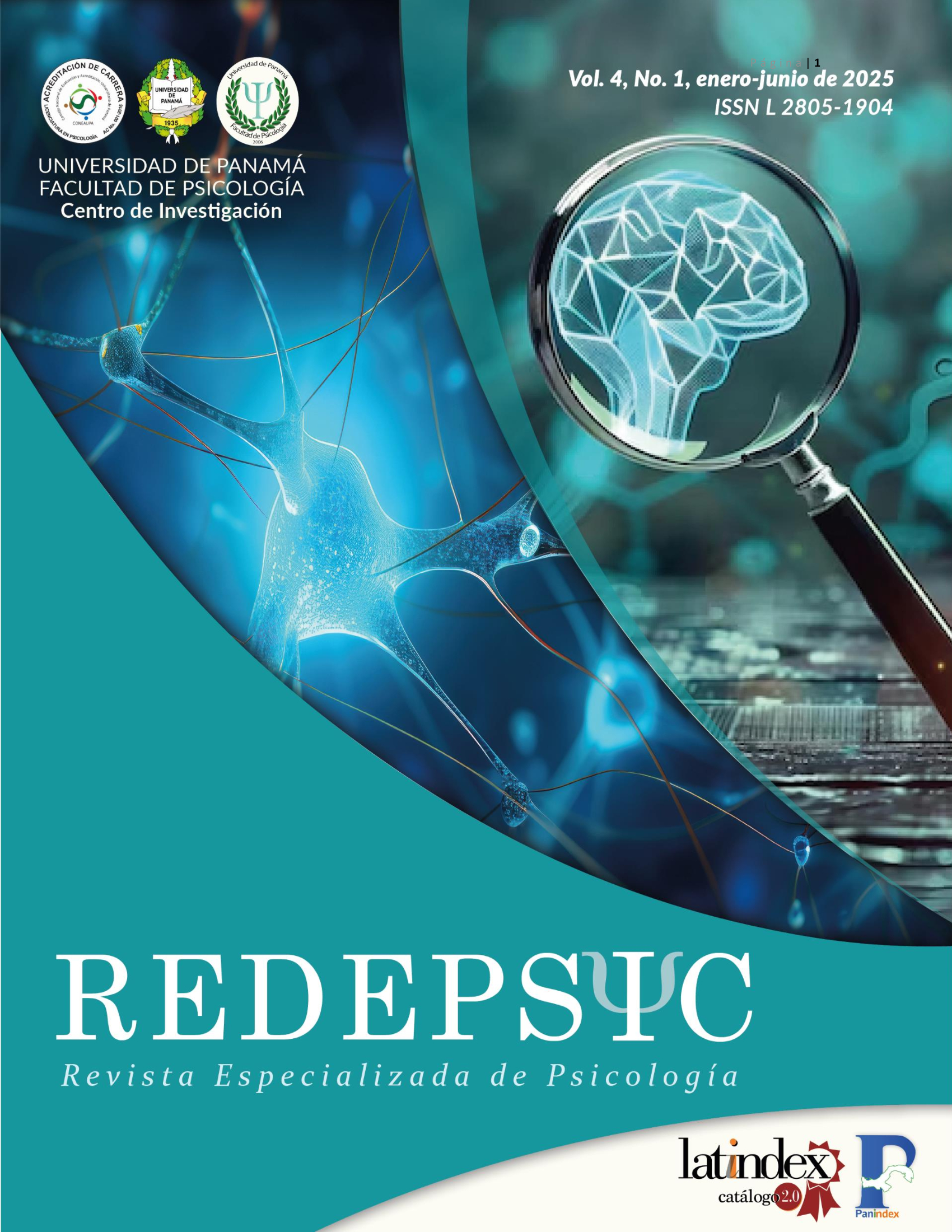

This research focuses on understanding the influence of self-concept on information processing, affect, and motivation. Introspection plays a fundamental role in this research as it addresses the philosophical question, "Who am I?" A non-probabilistic, intentional sample of students from the Faculty of Psychology at the University of Panama was used. Data on age, gender, educational level, and occupation were analyzed to perform correlations in the research results. An exploratory study with a non-experimental design was conducted, using the Cañizales Self-Concept Scale, De León (2024) with an interval level of measurement, and the semantic differential (Osgood, Suci, and Tennenbaum 1957), which consists of bipolar antonymic concepts. The findings indicated that there is a predominantly positive perception across both genders. Additionally, with increasing age, perception becomes more positive. Married individuals also have a more positive perception than those who are single or in common-law unions. Nationals have a more positive perception compared to foreigners (who tend to be more neutral). Finally, religious affiliation has a positive influence on perception and self-assessment.